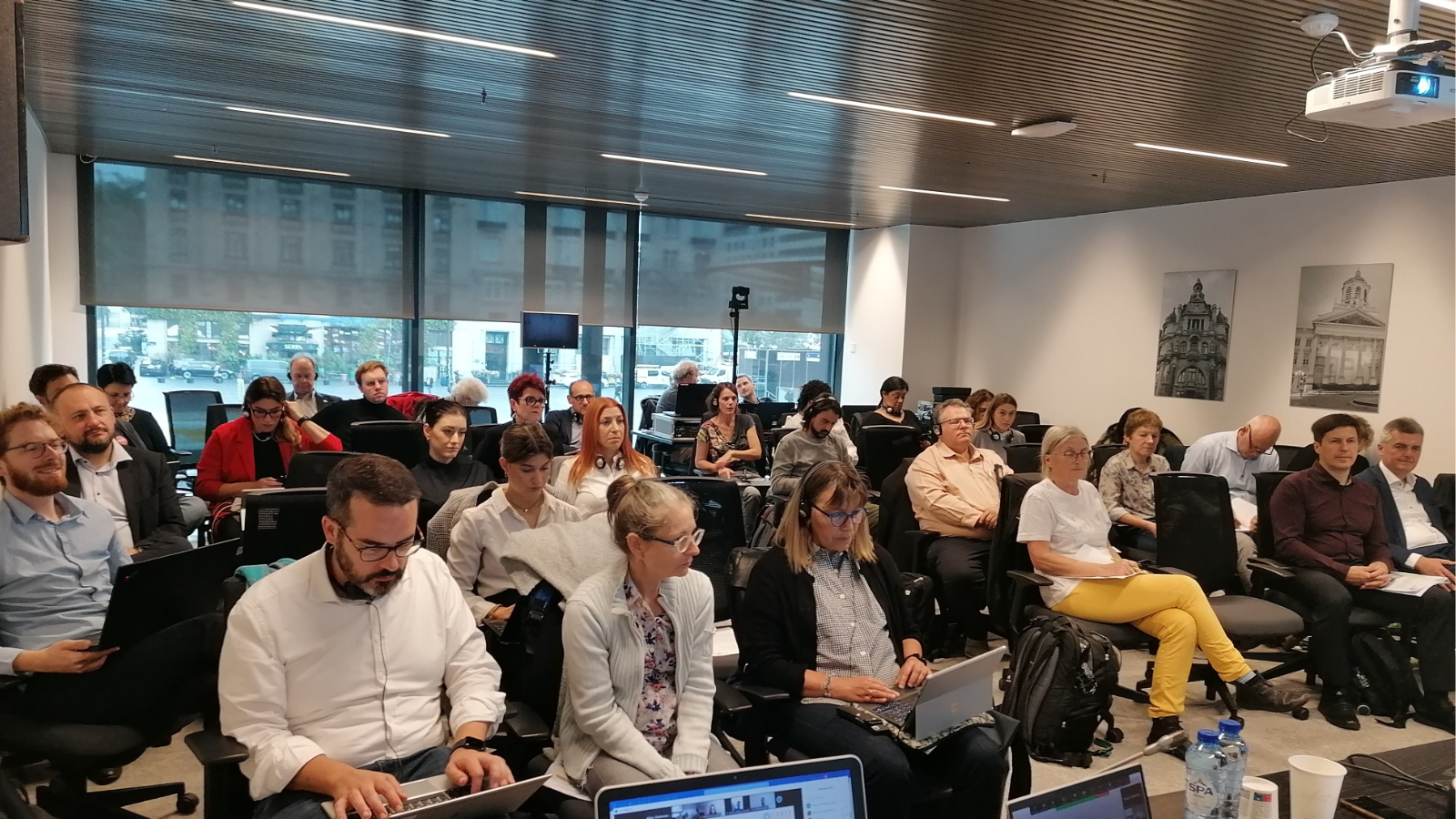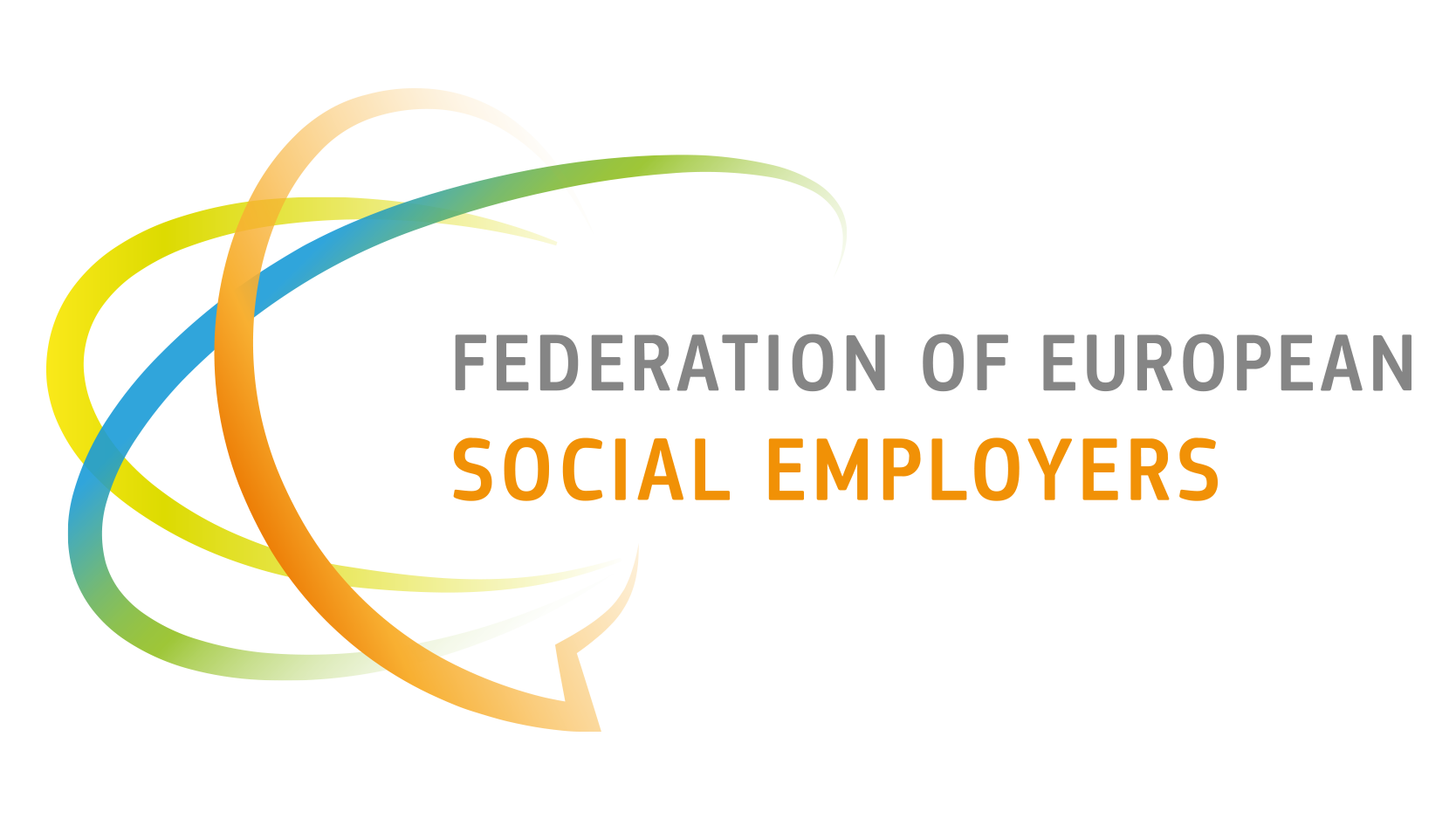Improving working conditions in social services: Promising practices from across Europe

On 12 October the Social Employers and EPSU hosted a thematic seminar on improving working conditions in social services.
The seminar was organised in the framework of the FORTE project, gathering more than 70 participants online and in person in Brussels. The FORTE project pays special attention to the role of social partners and collective bargaining in managing evolving job profiles, skills, and training needs, and ensuring better working conditions.
Eurofound opened the floor presenting the key findings of its new report “Social services in Europe: Adapting to a new reality”. It highlights key data about job quality in health and social services as well as the need to address social risks, invest to maintain inclusion and resilience of individuals, and build societal resilience in the current global context to achieve strong social services.
Social services providers from 7 different countries (France, Netherlands, Czech Republic, Spain, Austria, Malta and Cyprus) presented their good practices regarding the improvement of working conditions at national level and explained success factors and benefits. 11 good practices were presented in total, focusing on 5 main topics:
- Assessing working conditions
- Preventing physical health risks
- Welcoming and supporting staff
- Improving work-life balance
- Support learning, skills and training for better working conditions
They will be included in the upcoming FORTE report on improving working conditions in social services, which gathers good practices from 10 EU countries. The practices cover a variety of topics from risk assessment to prevention of musculoskeletal disorders and psycho-social risks, and other measures aiming at improving working conditions.
The European Commission, EU-OSHA and HOSPEEM provided a European perspective on the topic. The European Commission presented their initiatives in place on working conditions, skills, attractiveness and work-life balance. HOSPEEM discussed the role of social partners in preventing third-party violence & harassment, pointing out the importance of sharing good practices and provide guidance on risk assessment. To finalise, EU-OSHA provided an overview on ongoing research regarding working conditions in health and social care sectors, with a focus on psychosocial risks (recent OSHA discussion paper).
The insights and outcomes of the seminar serve as a stepping stone for further actions in the framework of the Sectoral Social Dialogue Committee, created last July, to improve the working conditions in the sector.
Supporting documents
